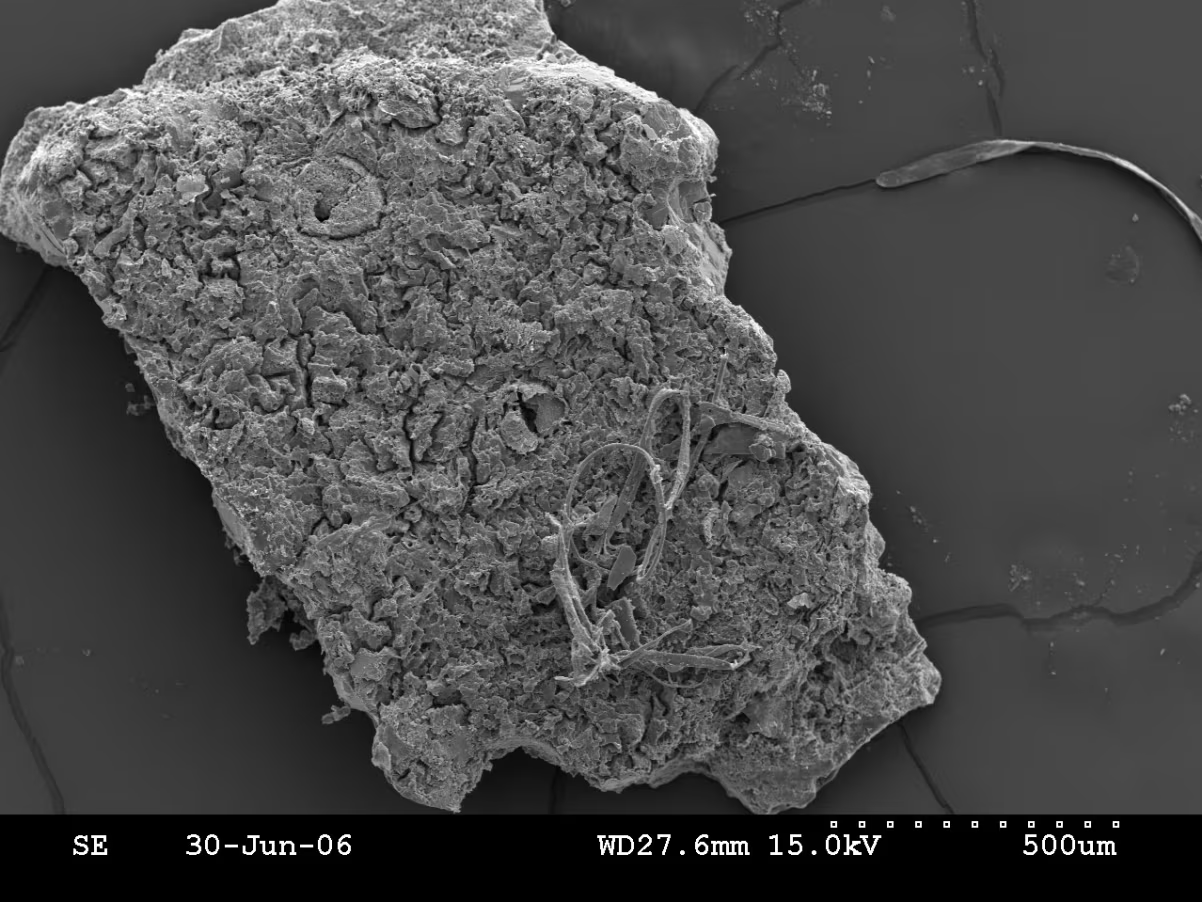Now Reading: Ancient Australian crocodile eggs reveal tree-hunting “drop crocs”
-
01
Ancient Australian crocodile eggs reveal tree-hunting “drop crocs”
Ancient Australian crocodile eggs reveal tree-hunting “drop crocs”

Scientists have unearthed Australia’s oldest known crocodile eggshells, providing new insights into prehistoric mekosuchine crocodiles that may have hunted prey from trees.
The fossils, discovered near Murgon, southeast Queensland, date back 55 million years—long before saltwater and freshwater crocodiles appeared on the continent. Researchers say these crocodiles could grow up to 5 meters (16 feet) long and may have adopted terrestrial and arboreal hunting tactics.
Professor Michael Archer of the University of New South Wales described them as “drop crocs,” likening their hunting style to leopards, ambushing unsuspecting prey from above. “Some of them appear to have been terrestrial hunters in the forests… perhaps dropping out of trees on any unsuspecting thing they fancied for dinner,” he said.
The fossil eggshells were studied by an international team led by the Institut Català de Paleontologia Miquel Crusafont in Barcelona and reported in the Journal of Vertebrate Paleontology. Xavier Panadès i Blas, lead author, said the eggs preserve microstructural and geochemical signals that reveal the crocodiles’ nesting habits, reproduction, and ecology.
Co-author Michael Stein added that mekosuchine crocodiles likely became extinct in Australia around 3,000 years ago due to shrinking inland habitats, competition from other predators, and a declining prey base.
Professor Archer recounted the serendipitous backyard discovery: “We knocked on the door, asked if we could dig up their backyard, and they grinned and said ‘of course.’ Since 1983, we’ve found many fascinating animals here, and more surprises are sure to come.”
Paleontologist Dean Lomax, who was not involved in the research, said linking eggshells to specific crocodile species provides crucial data on reproduction and lifestyle, reinforcing the study’s findings.

